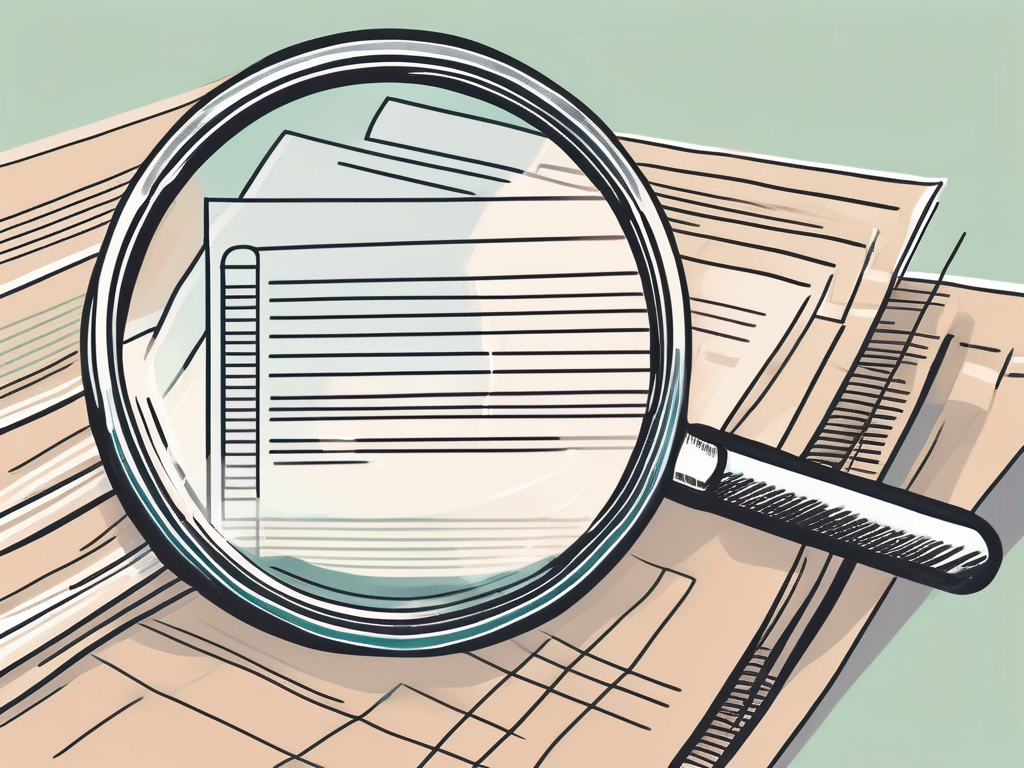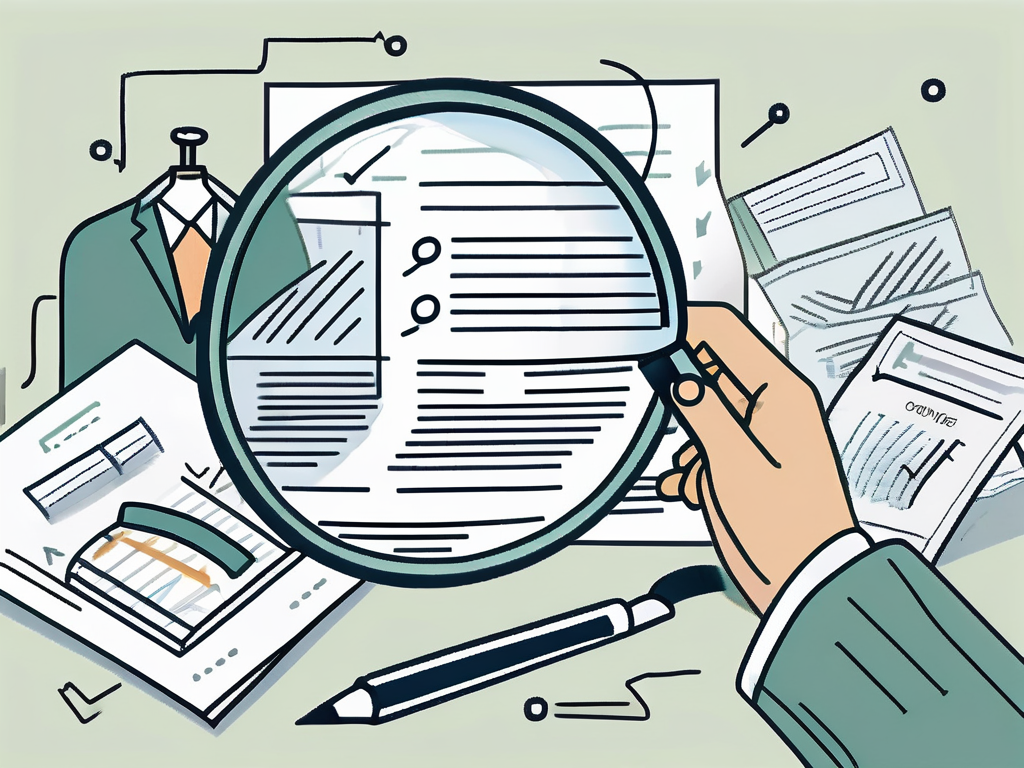Due diligence is a critical process in various business transactions, ensuring that all parties involved have a clear understanding of the assets, liabilities, and risks associated with a deal. Whether you’re involved in mergers and acquisitions, real estate transactions, or investment evaluations, conducting thorough due diligence is essential for making informed decisions. This guide explores the intricacies of due diligence, its importance, and how to effectively conduct it.
What is Due Diligence?
Due diligence refers to the investigation or audit of a potential investment or product to confirm all facts, such as reviewing financial records. It is a process that involves careful examination of the details of a deal to assess its value and identify any potential risks. The goal is to ensure that there are no hidden surprises that could affect the outcome of the transaction.
In the context of business, due diligence is often performed before a merger, acquisition, or significant investment. It involves a comprehensive appraisal of a business to evaluate its commercial potential. This process helps investors and companies make informed decisions by providing a clear picture of what they are getting into.
Due diligence is not limited to financial assessments. It also includes legal, operational, and strategic evaluations. This multi-faceted approach helps in understanding the full scope of the business or asset being considered.
Types of Due Diligence
Financial Due Diligence
Financial due diligence is perhaps the most well-known type. It involves a thorough examination of financial statements, tax returns, and other financial records. The aim is to verify the financial health of the business and ensure that the financial information provided is accurate and complete.
This process includes analyzing revenue streams, profit margins, cash flow, and debt levels. It also involves assessing the company’s financial projections and comparing them with industry benchmarks. Financial due diligence helps identify any financial discrepancies or red flags that could impact the valuation of the business.
Legal Due Diligence
Legal due diligence focuses on the legal aspects of a business. It involves reviewing contracts, licenses, permits, and any ongoing or potential litigation. The objective is to ensure that the business is compliant with all relevant laws and regulations and that there are no legal obstacles that could hinder the transaction.
This type of due diligence also examines intellectual property rights, employment agreements, and any other legal obligations the company may have. Legal due diligence is crucial for identifying any legal risks that could affect the deal’s success.
Operational Due Diligence
Operational due diligence assesses the operational aspects of a business. It involves evaluating the company’s processes, systems, and infrastructure to determine their efficiency and effectiveness. This type of due diligence helps identify any operational risks or areas for improvement.
Key areas of focus include supply chain management, production processes, IT systems, and human resources. Operational due diligence provides insights into the company’s ability to sustain its operations and achieve its business objectives.
Strategic Due Diligence
Strategic due diligence evaluates the strategic fit of a business or asset within the buyer’s overall business strategy. It involves analyzing market trends, competitive positioning, and growth opportunities. The goal is to assess whether the acquisition aligns with the buyer’s long-term goals and objectives.
This type of due diligence helps identify potential synergies and value drivers that could enhance the overall value of the transaction. It also involves assessing the target company’s market share, customer base, and competitive advantages.
The Importance of Due Diligence
Conducting due diligence is crucial for several reasons. Firstly, it helps in identifying potential risks and liabilities associated with a transaction. By uncovering any hidden issues, due diligence enables buyers to make informed decisions and negotiate better terms.
Secondly, due diligence provides a comprehensive understanding of the business or asset being acquired. This knowledge is essential for assessing the true value of the deal and ensuring that the investment aligns with the buyer’s strategic objectives.
Finally, due diligence enhances transparency and trust between the parties involved. By conducting a thorough investigation, buyers demonstrate their commitment to making informed decisions and protecting their interests. This transparency fosters a positive relationship between the buyer and seller, facilitating smoother negotiations and successful transactions.
How to Conduct Due Diligence
Define the Scope
The first step in conducting due diligence is to define the scope of the investigation. This involves identifying the key areas that need to be examined and the specific information that needs to be gathered. The scope will vary depending on the nature of the transaction and the industry involved.
Defining the scope helps ensure that the due diligence process is focused and efficient. It also helps allocate resources effectively and prioritize the most critical aspects of the investigation.
Gather Information
Once the scope is defined, the next step is to gather relevant information. This involves collecting financial statements, legal documents, operational data, and any other information that is necessary for the due diligence process. It may also involve conducting interviews with key personnel and stakeholders.
Gathering information is a time-consuming process that requires attention to detail and thoroughness. It is important to ensure that all information is accurate, complete, and up-to-date.
Analyze the Data
After gathering the necessary information, the next step is to analyze the data. This involves reviewing financial statements, assessing legal documents, and evaluating operational processes. The goal is to identify any potential risks, discrepancies, or areas for improvement.
Data analysis requires expertise and experience in the relevant fields. It is often conducted by a team of professionals, including financial analysts, legal experts, and industry specialists.
Report Findings
Once the analysis is complete, the findings are compiled into a comprehensive report. This report outlines the key findings, potential risks, and recommendations for proceeding with the transaction. It serves as a valuable tool for decision-making and negotiation.
The report should be clear, concise, and well-organized. It should provide a balanced view of the business or asset, highlighting both strengths and weaknesses.
Challenges in Due Diligence
Time Constraints
One of the main challenges in conducting due diligence is time constraints. Transactions often have tight deadlines, and conducting a thorough investigation within a limited timeframe can be challenging. This requires efficient planning and execution to ensure that all critical areas are covered.
To overcome time constraints, it is important to prioritize key areas and focus on gathering the most relevant information. Leveraging technology and automation tools can also help streamline the process and improve efficiency.
Access to Information
Access to information is another common challenge in due diligence. Sellers may be reluctant to share sensitive information, or the necessary data may not be readily available. This can hinder the due diligence process and limit the ability to conduct a comprehensive investigation.
To address this challenge, it is important to establish clear communication and build trust with the seller. Confidentiality agreements can also help facilitate the sharing of information and protect sensitive data.
Complexity of Transactions
Transactions can be complex, involving multiple parties, jurisdictions, and regulatory requirements. This complexity can make the due diligence process more challenging and time-consuming. It requires expertise in various fields and a deep understanding of the industry and market dynamics.
To navigate complex transactions, it is important to assemble a team of experienced professionals with diverse expertise. Collaboration and effective communication are key to ensuring a successful due diligence process.
Conclusion
Due diligence is an essential process in business transactions, providing a comprehensive understanding of the risks and opportunities associated with a deal. By conducting thorough due diligence, buyers can make informed decisions, negotiate better terms, and ensure the success of the transaction. Despite the challenges involved, effective due diligence is crucial for protecting investments and achieving strategic objectives.

